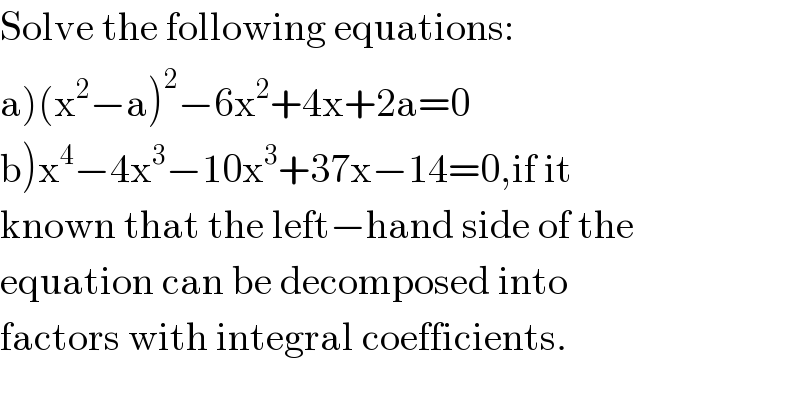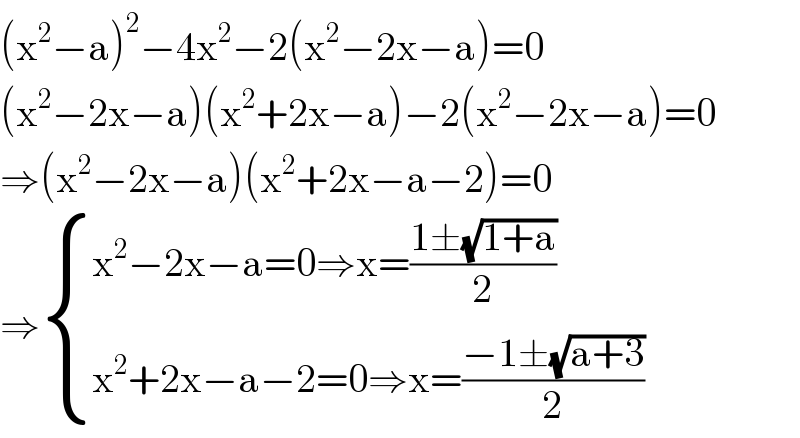
Question and Answers Forum
Question Number 113272 by 1549442205PVT last updated on 12/Sep/20

Answered by behi83417@gmail.com last updated on 12/Sep/20

Commented by 1549442205PVT last updated on 12/Sep/20

Answered by 1549442205PVT last updated on 13/Sep/20

